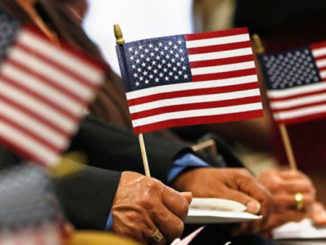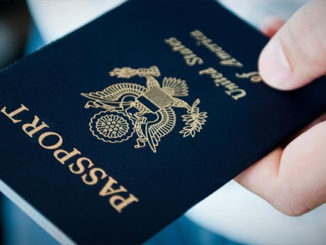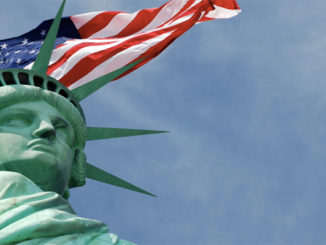
Nigel Farage in Great Britain, Donald Trump in the United States, Geert Wilders in Holland, Marine Le Pen in France—all would have represented fringe positions in the politics of their countries a decade or so ago. Not today. Although different in important respects, it is difficult to deny that recent elections reflect a general populist impulse now energizing the electorates of the Western democracies. Essay no. 8 noted that explanations of the resurgence of populism fall into two general categories. One category condemns the populist impulse, considering it at best the scapegoating of ethnic and racial minorities in an era of economic difficulty and at worst as a xenophobic reaction to immigration and the resulting diversification of previously white societies.
The 2016 Presidential Election—Identities, Class, and Culture by Hoover Institution on Scribd



